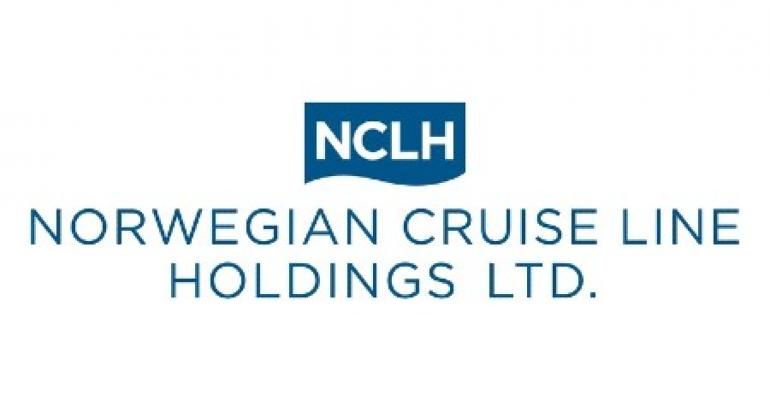In addition, in a move away from NCL's 100% vaccination mandate, the line will allow unvaccinated children ages 4 and younger. NCL added it's committed to continue following all CDC requirements and limiting the number of unvaccinated travelers 4 and younger to well under 5% of the total passenger occupancy on each cruise. NCL's new protocols are here.
Oceania and Regent will continue their 100% vaccination mandates.
Testing at home still required
At check-in for the three lines, passengers will be required to present provide proof of a negative COVID-19 antigen or PCR test result administered by a verified third party within two days prior to boarding for cruises originating in the US within three days prior to boarding voyages departing from a non-US port.
For those who don't do so, testing will be available at the terminal at the passenger's expense.
The lines noted rotocols may vary by itinerary and will do their best to communicate itinerary-specific protocols as soon as possible.
Masks go optional
Starting March 1, masks onboard are at passengers' discretion on all three brands.
'We recognize the added protections provided when wearing a face mask covering and recommend that all guests do so onboard when indoors, except when actively eating or drinking, or seated at a table in a dining setting, or when in their stateroom,' NCL said. 'Mask coverings are also recommended outdoors when social distancing cannot be maintained or if required by local regulations when visiting ports of call.'
Copyright © 2024. All rights reserved. Seatrade, a trading name of Informa Markets (UK) Limited.
Add Seatrade Cruise News to your Google News feed.  |

